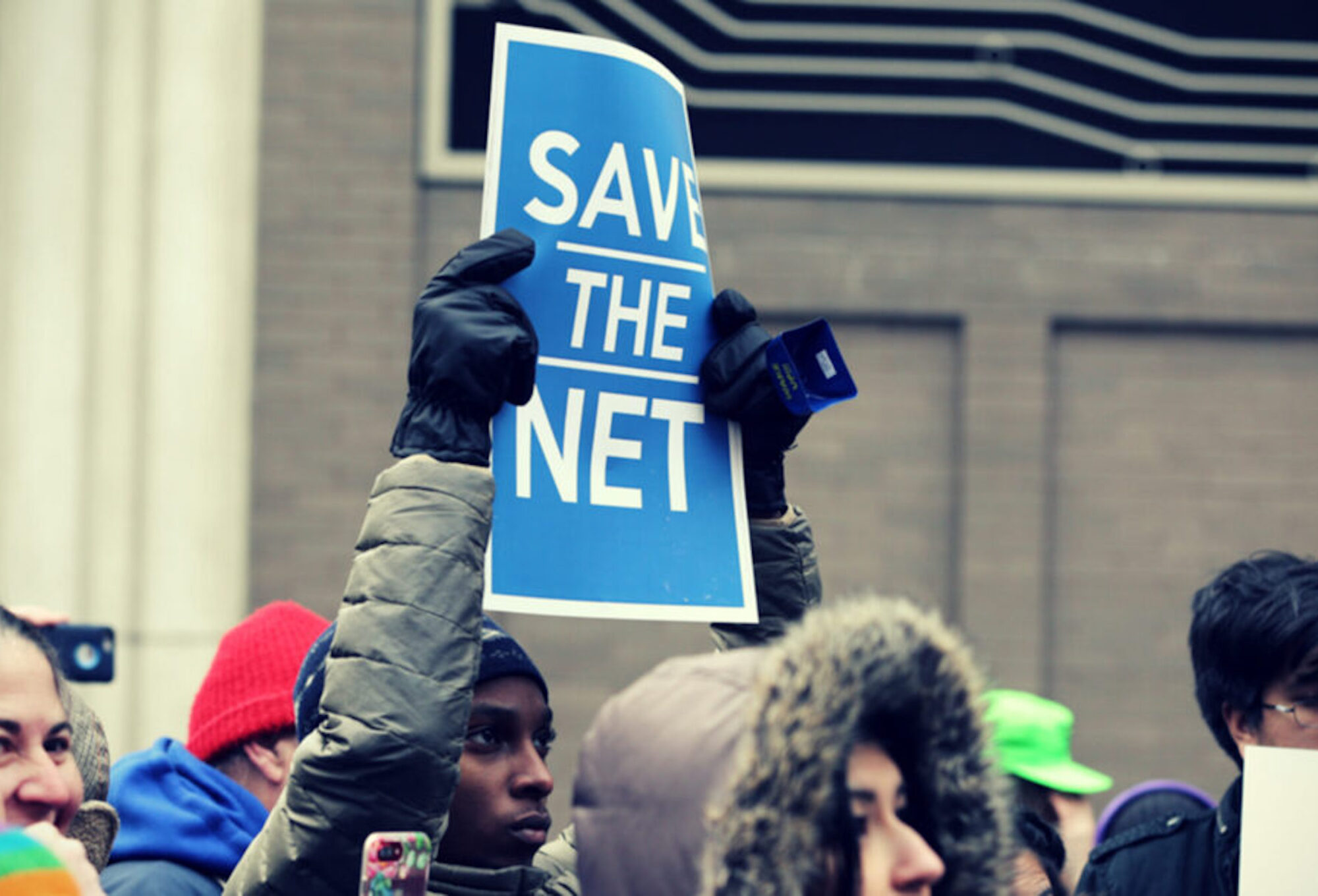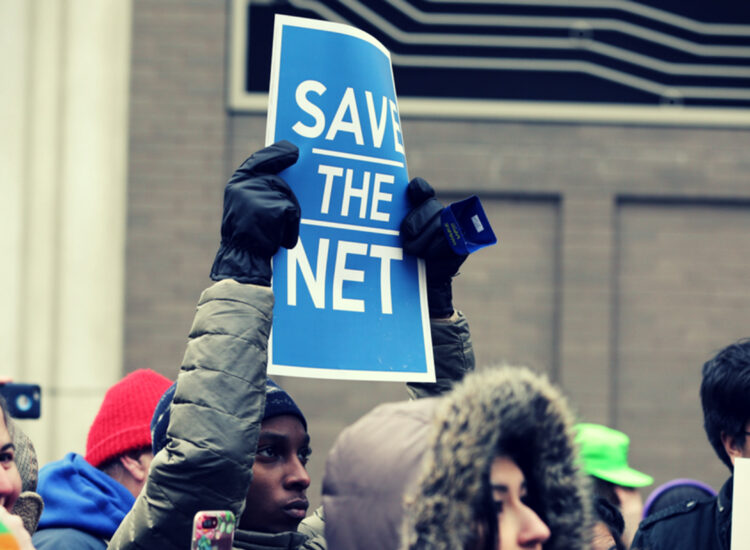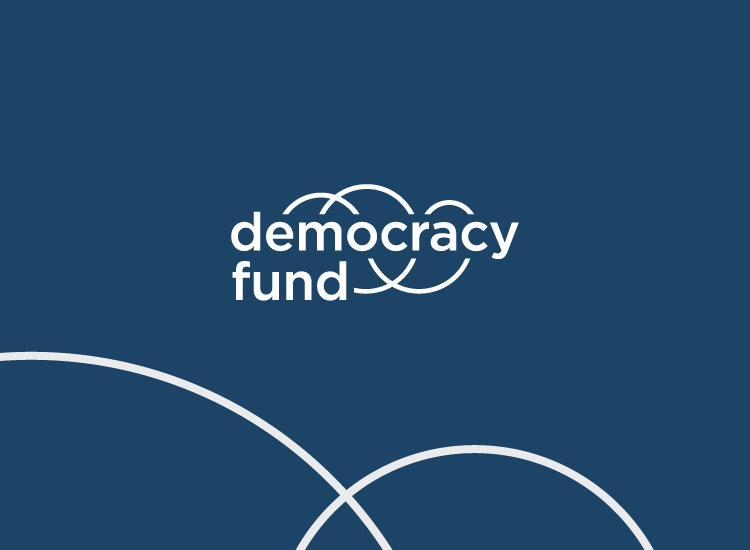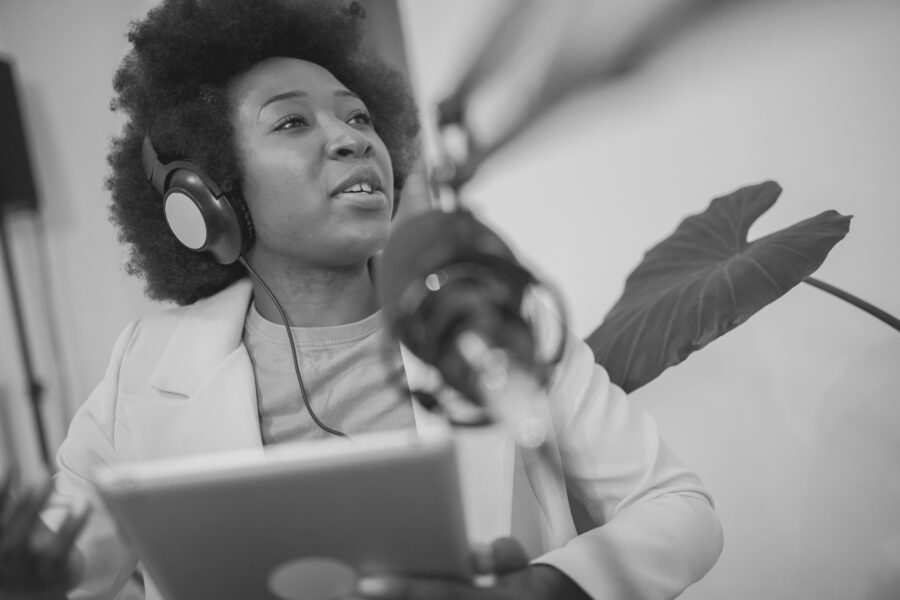Digital Democracy
Creating Safer, More Inclusive Technology and Digital Media
In the United States, much of our lives — from education to healthcare — take place online. For too many people, especially communities of color, using the internet can be unaffordable, inaccessible, or even dangerous. Once online, many people face hate, harassment, and misinformation aimed at them. To create a strong democracy and society in our multiracial country where people are treated fairly, feel they belong, and have a voice, we must invest in movements, leadership, and power that serve communities of color and hold social media companies and policymakers accountable.
Our Approach
For far too long, technology has undermined pro-democracy movements. Our Digital Democracy initiatives seek to break this pattern by investing in leaders and movements who can ensure media and technology serves communities of color.
Civil and Human Rights Online
The Civil and Human Rights Online initiative funds organizations that are building power to defend the rights of all people in the United States to connect, create, and communicate.
These organizations are working to address how tech companies amplify racism and enable discrimination online and across the country.
See how we're holding tech companies accountableEquitable Civic Infrastructure
The Equitable Civic Infrastructure initiative funds organizations that build public pressure to change media and telecommunication policy at the state and federal levels. This work shifts power away from big media and technology companies to create equitable access to information that reflects and responds to the needs of the people and communities in our country.
Explore our approach to policy reformA Global Network to Support a Healthier Digital Society
The NetGain Partnership is a global collaboration that works to:
- Understand key platform harms threatening democracy.
- Bring together civil society groups to develop shared solutions.
- Foster learning among funders around misinformation and online hate.

Democracy Fund Editorial Firewall Policy
We adhere to a strict policy to honor the editorial independence of all our journalism grantees.
When a grantee approaches a member of our staff for comment, we will:
- Require them to go through our communications team — not a program officer.
- Alert the reporter of the funding relationship.
- Request that if they quote a member of our team, they disclose our funding of their organization in any story produced.
As part of our grant agreements, Democracy Fund communications staff will not:
- Send pitches to the nonprofit newsrooms we support.
- Discuss editorial content with journalism grantees or otherwise seek to influence their coverage.
We may alert newsroom leadership of Democracy Fund developments and news during regular engagement with grantees.
Explore Our Other Public Square Portfolios
Public Square strategies seek to ensure every community in the United States has access to accurate information that encourages healthy, informed, and engaged lives.
Equitable Journalism
In addition to the financial hardships local news has faced over the last few decades, many journalism organizations have continued to harm communities of color through racist coverage and biased reporting.
Learn more about equitable journalism

